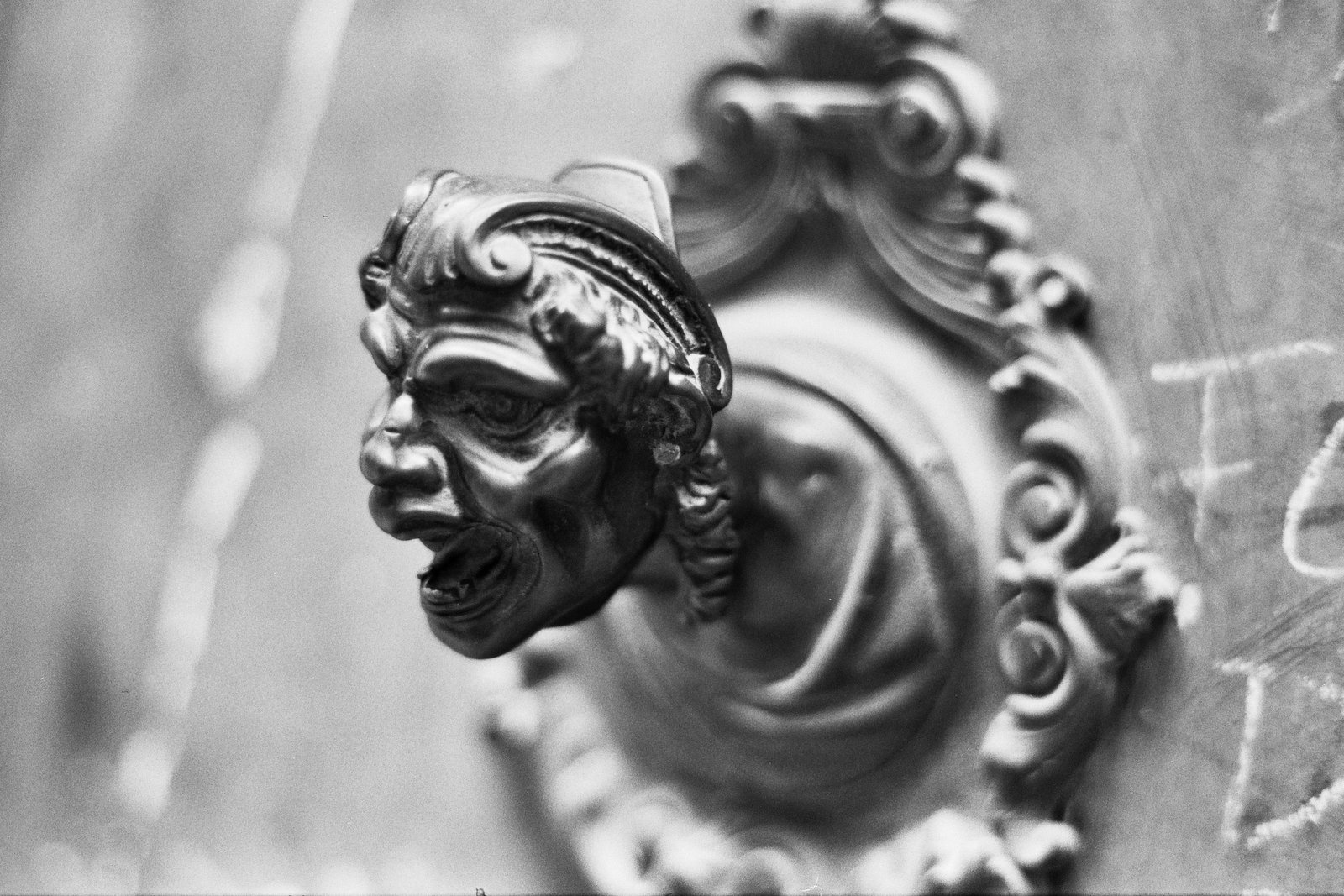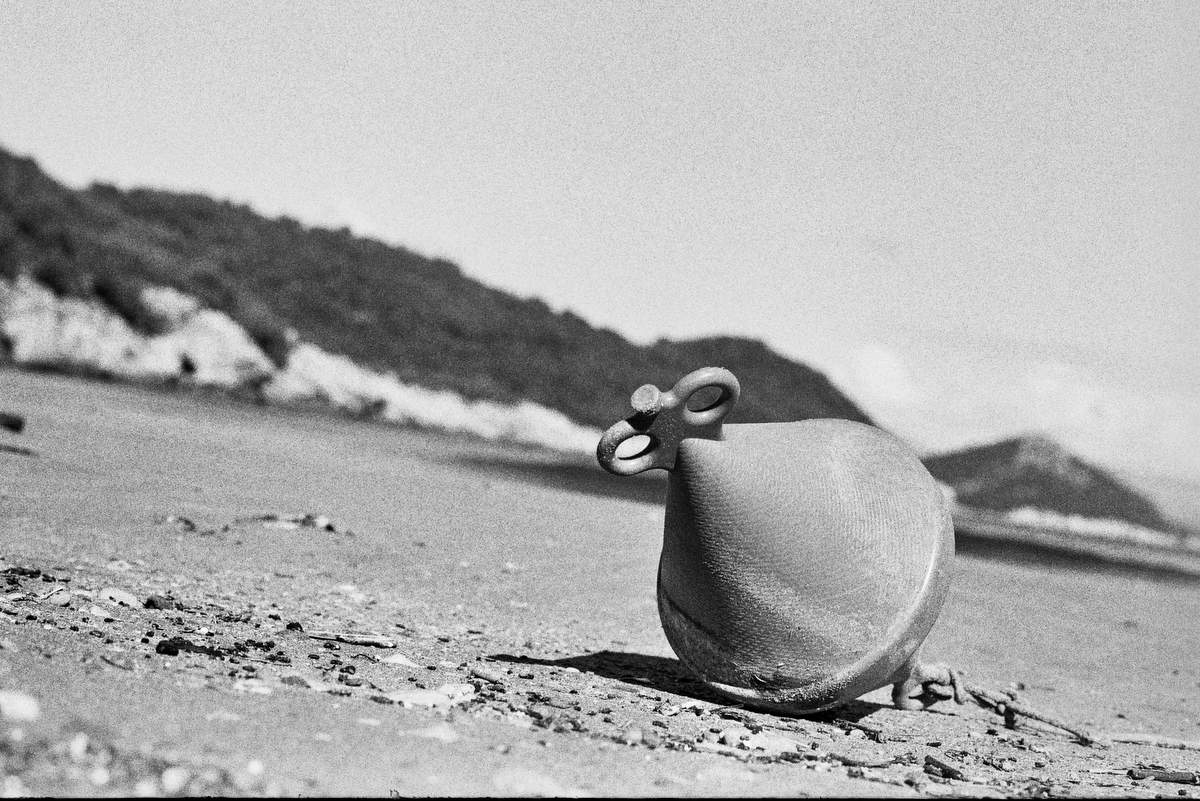Jason & the Argonauts is not a tale of Gods manipulating men, but men exploiting belief in Gods.
Synopsis:
The myth of Jason and the Argonauts is well-known. The quest Jason undertakes to recover the Golden Fleece and bring it back to Greece is often told as a narrative about the power of the ancient Greek Gods manipulating mankind. The truth is the reverse. The powerful have always used faith as a means to rule.
JASON addresses the real power inherent in Gods: that of belief. Belief begets ideology; and ideology can be turned into fear. Fear is the ultimate tool exploited by the powerful. It is as true today as it was over two-thousand years ago.
“The Gods decree what we determine they do. An omen, as true or false as it may turn out to be, is as malleable as the clay we stand on. Whatever the portents, good or ill, we fight because we make those who fight believe that they have the gods on our side.”
This is a story of political intrigue and personal growth. Jason returns from the wilderness to reclaim the throne from King Pelias that is his birthright. Pelias, fearful of losing popular support were he to merely kill the young upstart, agrees that although he has the right to the throne but, Greek tradition dictates that Jason must prove himself worthy by completing a task.
He demands that Jason retrieve the golden fleece and returns it to the shrine of Zeus from whence it was stolen by Phrixus a generation earlier. Privately Pelias is certain that the task will kill Jason. The Fleece is in the possession of king Aeetes who hates the Greeks. Publicly, however, he states that the gods have blessed the enterprise.
Jason, a man with a huge ego and boundless vanity cannot refuse. Were he to do so, he would be disgraced and ridiculed as a coward, liar and fool.
The crew of the Argo is drawn from the ‘finest’ men and women in Greece all of whom have separate and conflicting motivations for joining. Their attributes, characters and motivations are as important to the story as Jason’s.
Their adventures are told by re-interpreting the tradition labours faced by the crew to show that they, as much as the king who sent them, use the power of belief as a means of achieving what they desired ends.







